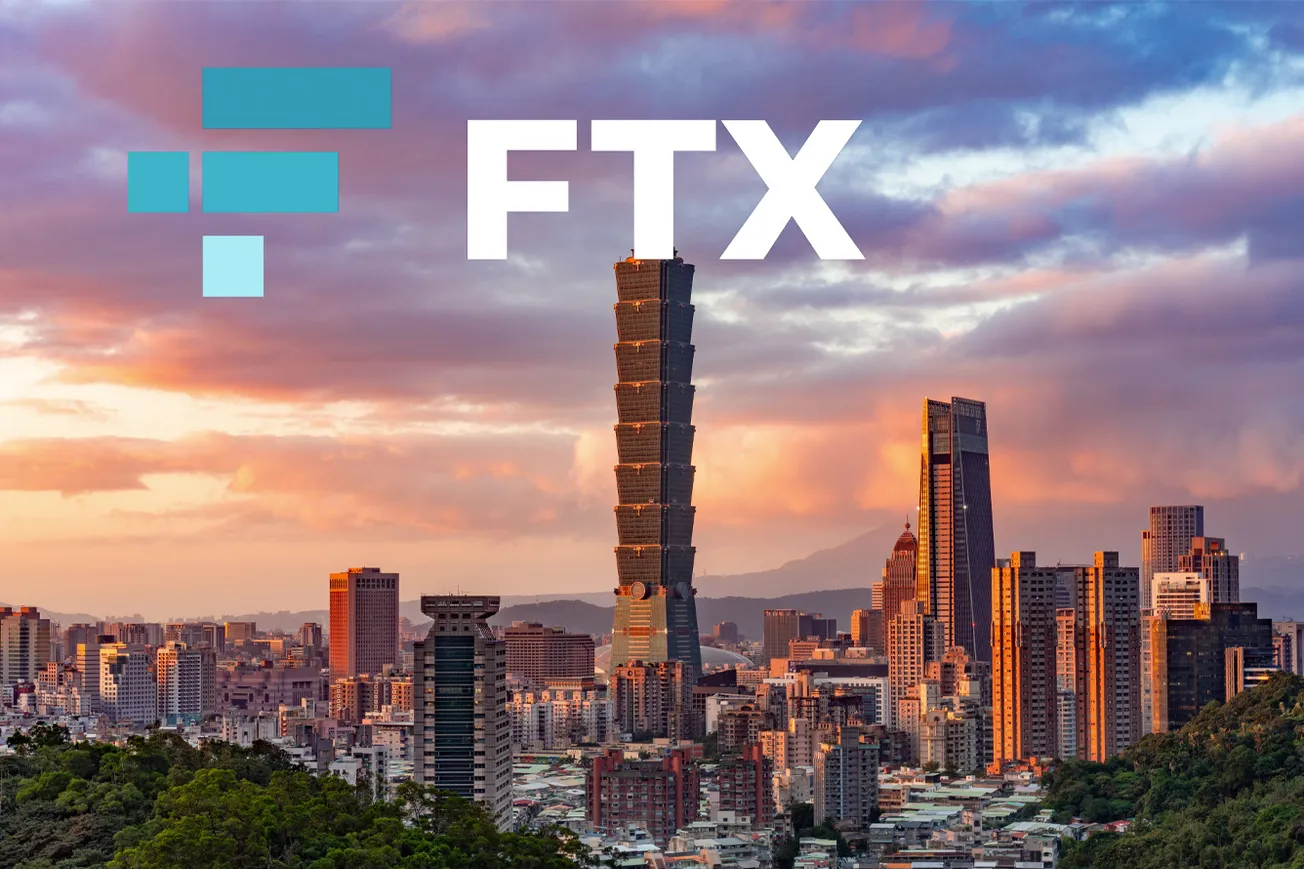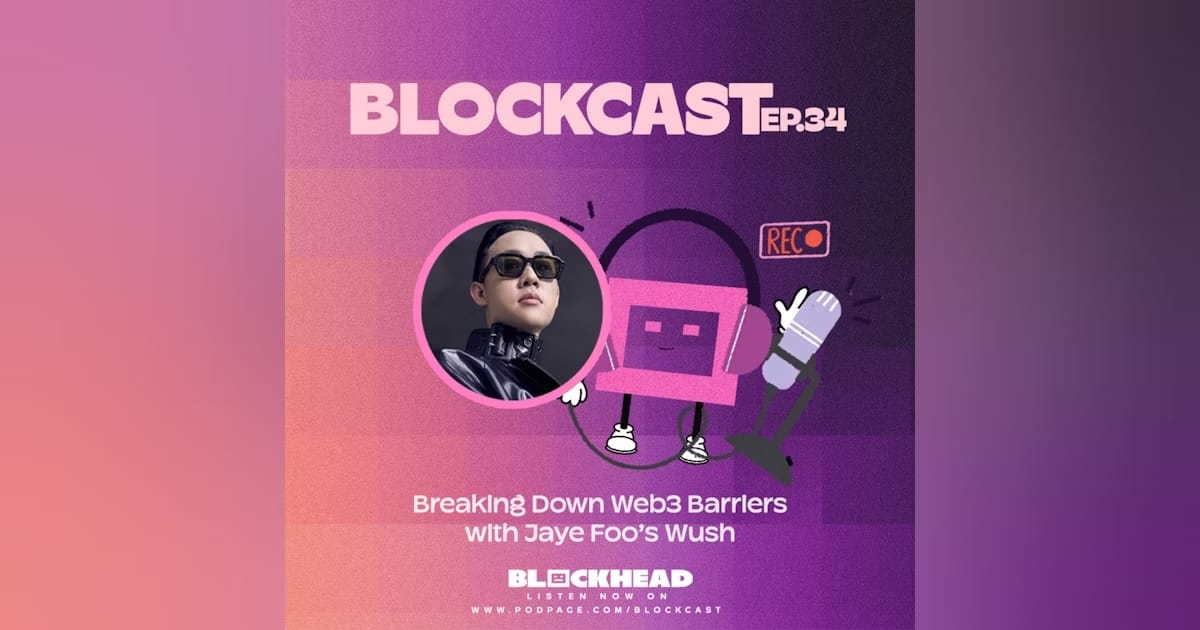Table of Contents
Taiwan is looking to adopt special crypto legislation as a result of FTX's collapse.
During a hearing about global banking stability, Huang Tien-mu announced on Monday that Taiwan's Financial Supervisory Commission (FSC) will be the regulator of the region's crypto industry. Huang is the chairperson of the Financial Supervisory Commission of the Republic of China.
Aside from the FSC, Taiwan only has one other regulator: the Central Bank of the Republic of China, which controls monetary policy and foreign exchange regulations. FSC covers wider banking regulations.
Huang said the FSC will work with crypto industry participants on “self-regulation measures” and will focus on focus on regulating payment and trading-related virtual assets.
However, FSC will not be responsible for regulating non-fungible tokens (NFTs). Huang believes that it is too early to regulate NFTs as the asset class is still nascent.
“Due to the extendibility and composability of NFTs, they can represent a broad spectrum of things ranging from commercial products to commodities to securities," Huang said. "Therefore, the FSC likely needs more time to develop a proper set of NFT classification guidelines.”
Currently, the FSC requires crypto platforms registered domestically to comply with its anti-money laundering requirements but has no legislation that applies to virtual assets.
On Saturday, a joint paper from Binance, Matrixport and Woo Network called for more friendly regulation and clarity, suggesting that tougher regulation could lead to financial customers who are global market trading participants. It could also force crypto trading to go "underground" the paper seen by Bloomberg stated.
FTX x Taiwan
The Taiwanese were reportedly one of the largest users of the FTX exchange per capita. Users were particularly drawn to FTX's high interest rates compared to local banks.
When FTX collapsed in November 2022, 950 users in Taiwan had $150 million worth of digital assets stored in the exchange. Four of the unnamed individuals had losses over $5 million each.
Prior to the collapse, Taiwan's regulation was light, focusing only on controlling money laundering.
It is believed that Taiwan's regulatory push is a direct response to FTX's collapse, albeit many months later. Taiwan follows the likes of Dubai and Hong Kong, which strengthened its crypto regulatory stance in 2023.
Last month, Dubai released licensing and authorization requirements for virtual asset companies and issuers looking to operate in the emirate.
VARA said the regulations aim to "position Dubai as a regional and international hub for Virtual Assets and related services and to develop a digital economy in the city to boost its competitive edge locally and internationally."
Read more: Dubai's Virtual Asset Regulations to Attract Crypto Firms, Investors
Meanwhile, the Hong Kong Securities and Futures Commission (SFC) said last month that retail investors will be able to access the two largest crypto tokens - Bitcoin and Ethereum.
However, retail customers are required to pass a knowledge assessment or else only be offered access after training is provided. The SFC also requires all digital asset trading platforms operating in Hong Kong or actively marketing to Hong Kong-based investors to obtain a license from the SFC.
Read more: Hong Kong Proposes Plan for Retail Access to Crypto
The world of Web3 can be quite a whirlwind. Whether it’s crypto news in Singapore, South East Asia or even across the globe, we understand how busy the industry is keeping you, so we kindly send out three newsletters each week:
- BlockBeat for a wrap-up of the week’s digital assets news
- Blockhead Brief for weekend happenings as well as what to look forward to in the week ahead
- Business Bulletin for macroeconomic updates and industry developments.
To avoid FOMO and access member-only features, click here to subscribe for FREE.







